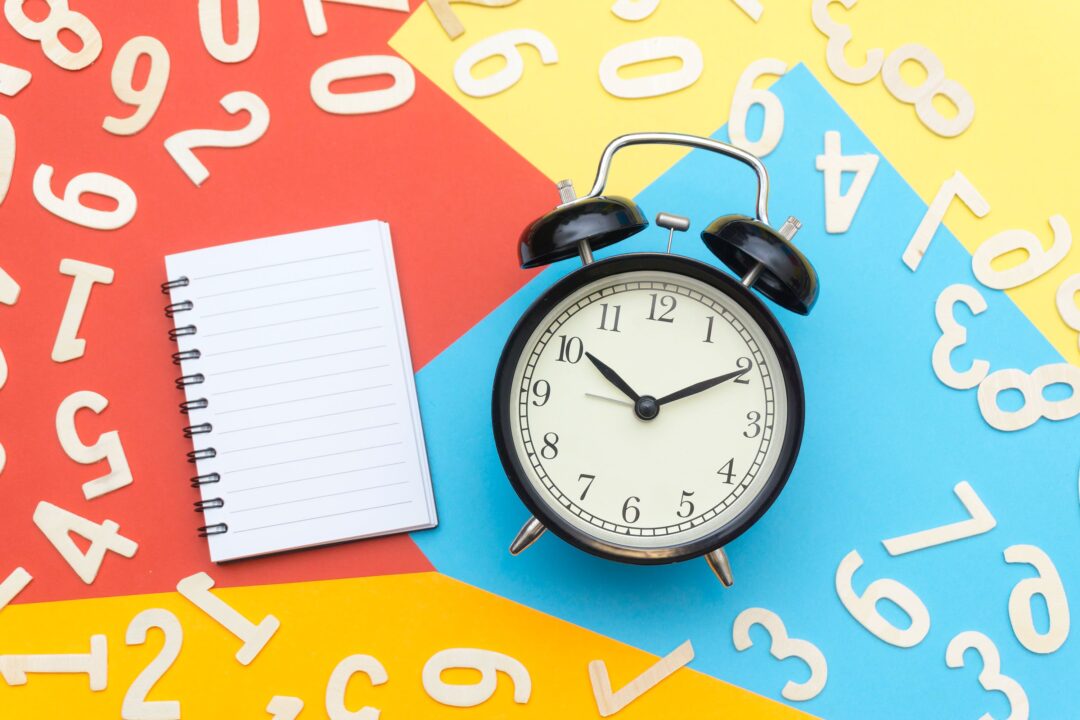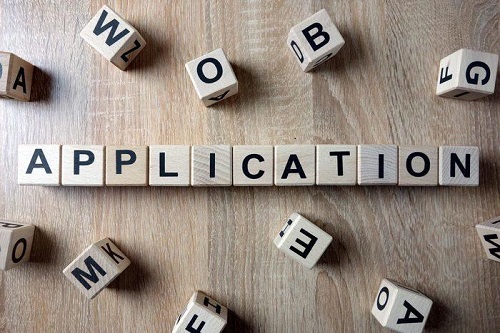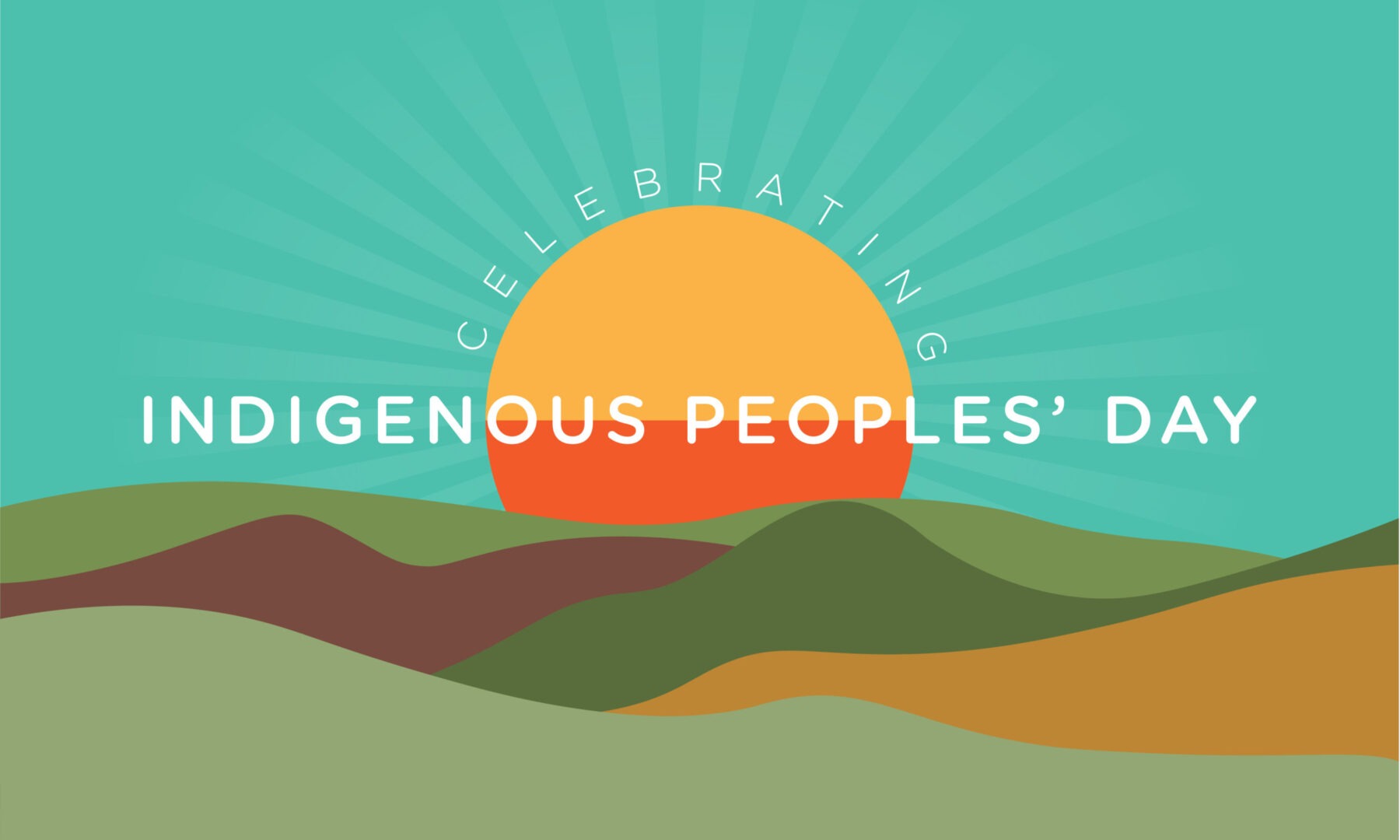By: Janet Stearns, Dean of Students, University of Miami School of Law
Deadlines matter
Regardless of our practice area, job setting or employer, we are called upon to complete projects on deadlines set by clients, courts, and bosses. Our ability to manage competing projects and complete tasks on time is a fundamental professional skill.
In September, Nikki Beach, a renowned Miami Beach day spa, lost the right to remain on the property when their lawyers failed to submit a timely proposal to the city. According to the city attorney:
“…[Y]ou did not submit your proposal in Periscope by the deadline, as required by the RFP, and we cannot accept late submittals. Thank you and have a wonderful weekend.”[1]
Habeas petitions in death penalty cases have also found their way to the U.S. Supreme Court over the issue of missed filing deadlines.[2]
Law School & Deadlines
Deadlines produce anxiety and stress among our students. These situations present us with the opportunity to teach about the importance of deadlines, and the ways that we can respond and plan for them. For example, in the past week, our 1L Legal Communications and Writing Course had a memorandum due Monday night at 8 p.m. Meeting this benchmark demonstrated the ability of our students to work under pressure and complete a task on deadline. Some students completed the assignment well in advance over the weekend, others coming in just under the wire. Yet others were still reaching out after the deadline due to various technical and personal issues, asking for extensions and permission to submit late. Our student affairs team, working hand in hand with the Legal Communications and Writing faculty, needed to collaborate on our policies to determine whether to accept late submissions. We have also reflected hard on the lessons that we are teaching our students in these moments that they are confronting the challenges of meeting professional deadlines. At present, the grading deadlines are enforced, with significant penalties for late submissions.
We have the opportunity to teach about the importance of deadlines in other settings, too. Clinics and externships clearly give students some “real world” perspective on meeting deadlines. We also find that students engage with the University over various registration, financial payment, commencement application, and other administrative deadlines, and we do our best to send consistent messages about these activities. Extracurricular activities including Moot Court and Law Review involve submission deadlines, and we have historically construed these very strictly, along the way teaching lessons to our students about the value and necessity of completing tasks on time.
In some situations, we observe students who consistently face challenges in managing their time and meeting deadlines. We continue to explore options for additional training and coaching on executive functioning skills and time management for these students. In my opinion, barring an extraordinary medical or personal family situation, we should not be accommodating or extending these deadlines. We must not only continue to articulate the essential professional skill of learning to meet these deadlines, which students will confront in the “real world,” but we must also align our teaching and administrative practices with this reality.
Character & Fitness Considerations
The Florida Bar character and fitness questionnaire asks us to certify a number of issues, including the following:
Is the applicant thorough in fulfilling obligations?
Does the applicant meet deadlines?
For many years, our focus has been on conduct issues such as academic integrity and candor. Recently, however, we have found the need to disclose when students have chronic issues with fulfilling obligations and meeting deadlines. This semester, I have sent two letters to the Florida Bar relating to students in which, after multiple efforts at outreach from me and professors, we still saw a significant lack of responsiveness and attention to obligations in clinics, law review, and other law school obligations.
Following a brief survey,[3] we identified the following states that also asked character and fitness questions relating to these issues:
- Maine Board of Bar Examiners Law School Certification (linked here) asks law schools to certify the following statement:
- “I certify that I am not aware of and my review of the record has not revealed any incident in which the applicant failed to meet a material obligation.”
- Mississippi Certificate of Dean of Law School (linked here) asks:
- “Is the applicant timely and thorough in fulfilling obligations?”
- Wyoming Bar Dean’s Certificate (linked here) asks:
- “While engaging in law school activities including, without limitation, clinical courses and student bar association activities, did the applicant breach any professional or fiduciary obligation or any duty or trust?”
I would invite all members of our Professional Identity community to consider how and where we have the opportunity to message and teach the essential professional skills around deadlines and obligations. Please feel free to reach out to me at jstearns@law.miami.edu if you have any questions or comments.
[1] Aaron Liebowitz, City rejects Nikki Beach bid to remain in South Beach due to missed proposal deadline, Miami Herald, September 02, 2023.
[2] https://www.themarshallproject.org/2014/11/16/death-by-deadline-part-two.
[3] I am deeply grateful to Madeline Raine, Assistant Director of Student Life, for her survey of state character and fitness questions. She stands on the front lines of teaching students lessons about professional identity as they relate to the character and fitness process in Florida.














 Third, self-doubt in law school, including imposter syndrome. This provided the foundation for Scott to discuss and demonstrate the power of mindfulness practices in law school. Scott shares a powerful image from his book
Third, self-doubt in law school, including imposter syndrome. This provided the foundation for Scott to discuss and demonstrate the power of mindfulness practices in law school. Scott shares a powerful image from his book 